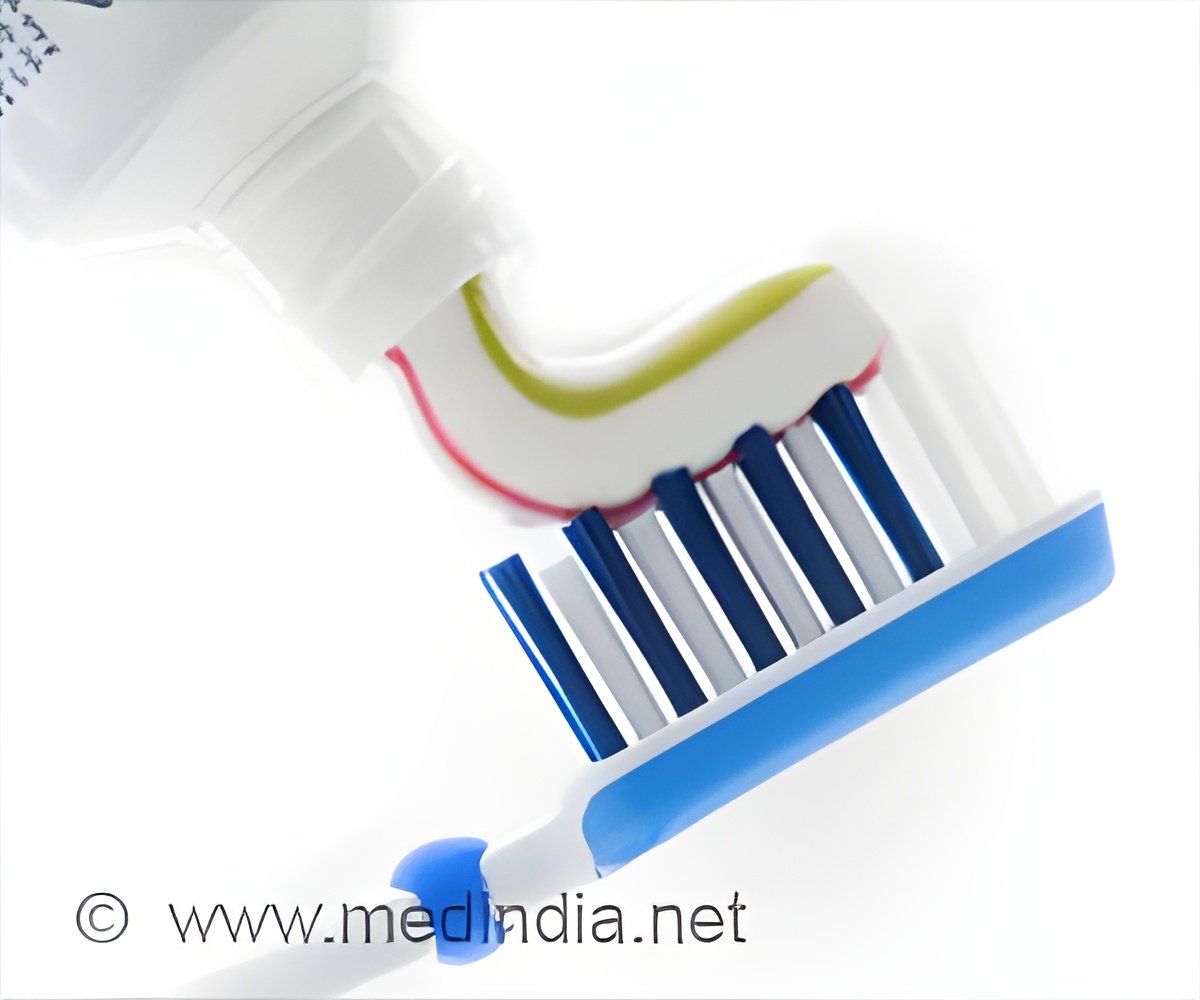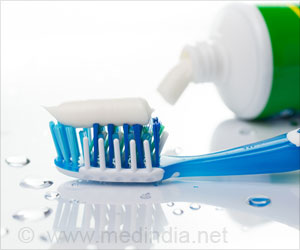
‘Triclosan exposure may accidentally drive bacteria into a state in which they can tolerate normally lethal concentrations of antibiotics, including those antibiotics that are generally used to treat urinary tract infections (UTIs).’
Read More..Tweet it Now
According to the study, led by researchers at the Washington University in St. Louis, triclosan exposure may inadvertently drive bacteria into a state in which they can tolerate normally lethal concentrations of antibiotics, including those that are commonly used to treat UTIs. Read More..
UTIs occur when bacteria, primarily Escherichia coli (E. coli), enter and infect the urinary tract. Antibiotics such as Cipro are commonly used to kill the bacteria and treat the infection.
UTIs are common, so is exposure to triclosan. About 10 percent of adults have levels high enough to prevent E. coli from growing.
In the study the team examined whether triclosan's presence in the body interferes with treating UTIs.
They found that mice which drink triclosan-spiked water have urine triclosan levels similar to those reported in humans.
Advertisement
After antibiotic treatment, mice with triclosan exposure had a large number of bacteria in their urine and stuck to the bladder, but mice without exposure had significantly lower bacterial counts.
Advertisement
Source-IANS














